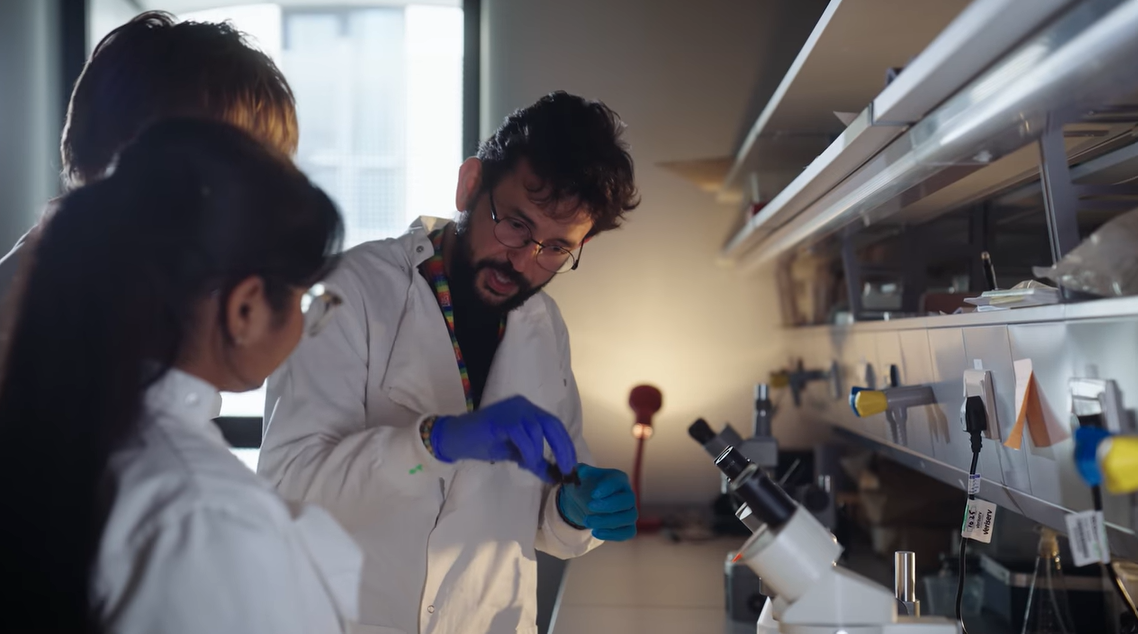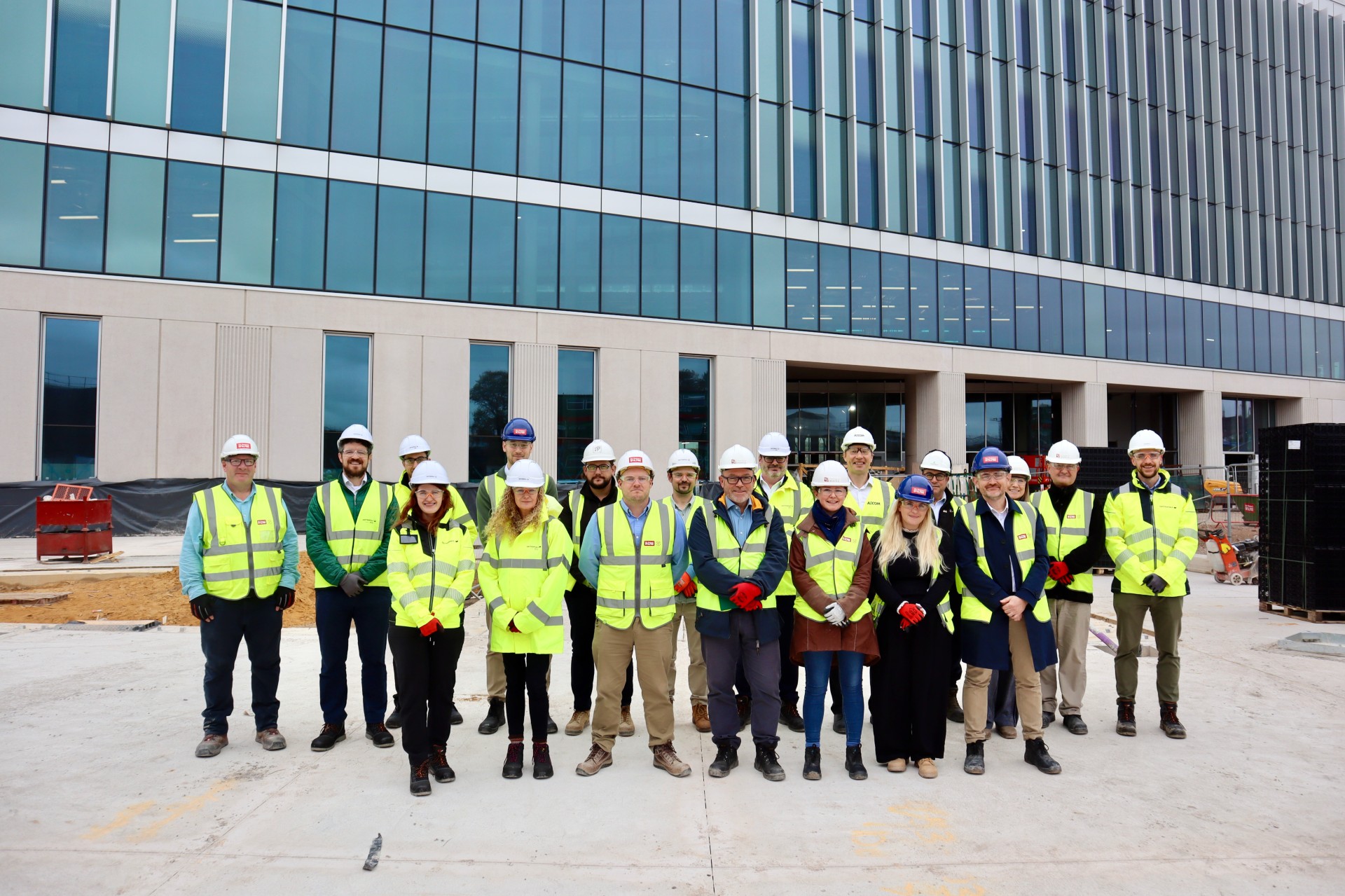Brazilian-born biodiversity expert joins team of Bristol researchers at COP30 to champion action to combat climate change
A team of University of Bristol experts are poised to join the 30th United Nations Conference of the Parties, better known as COP30, which starts this week in Brazil and will push forward global climate solutions.










